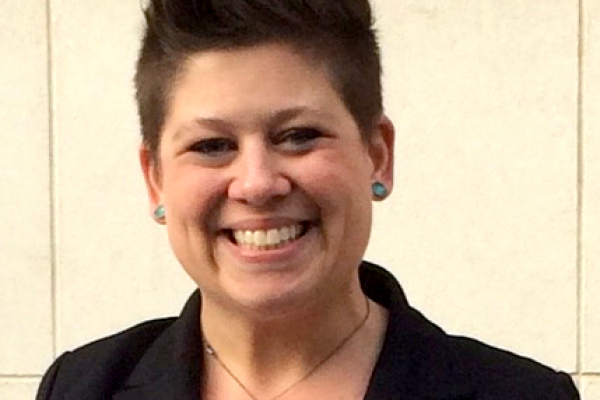
The American Sign Language Program welcomes Dr. Shannon Clancy, Candidate for ASL Visiting Assistant Professor
The presentation will be given in American Sign Language. Interpreters will be provided.
"The Mediating Effects of Science Classroom Talk on the Understanding of Scientific Concepts with Students Who are Deaf or Hard of Hearing"
In the science classroom, students are expected to shift from using informal, everyday language to academic, scientific language which includes the use of specialized scientific vocabulary. For students whose sociocultural or language backgrounds diverge from that of “traditional” students, such as students who are deaf or hard of hearing (DHH), acquiring this specialized discourse through interactions and experiences with teachers and peers in the classroom is a more complex endeavor, and may have an effect on the ways students develop scientific concepts. This research talk will review data from a study designed to examine the role of classroom discourse in the scientific conceptual development of students who are DHH.
The purpose of this research study was to describe the scientific understandings (and/or misconceptions) of DHH students before and after completion of a 10-day instructional unit on space concepts, and to examine the change in their understanding from pre- to post-instruction. Data from classroom observations conducted during instruction were analyzed to determine the influence of classroom talk on students’ developing understanding of concepts. Consistent with the findings of previous research, ambiguity in the scientific meaning of the classroom dialogue or misconceptions arising from the use or omission of a particular term in sign language were found to have an effect on students’ learning. The findings of this study suggest that the language of science needs careful attention by teachers and interpreters (for students who are DHH in mainstream settings) to ensure the language being used is consistent and conceptually accurate.
